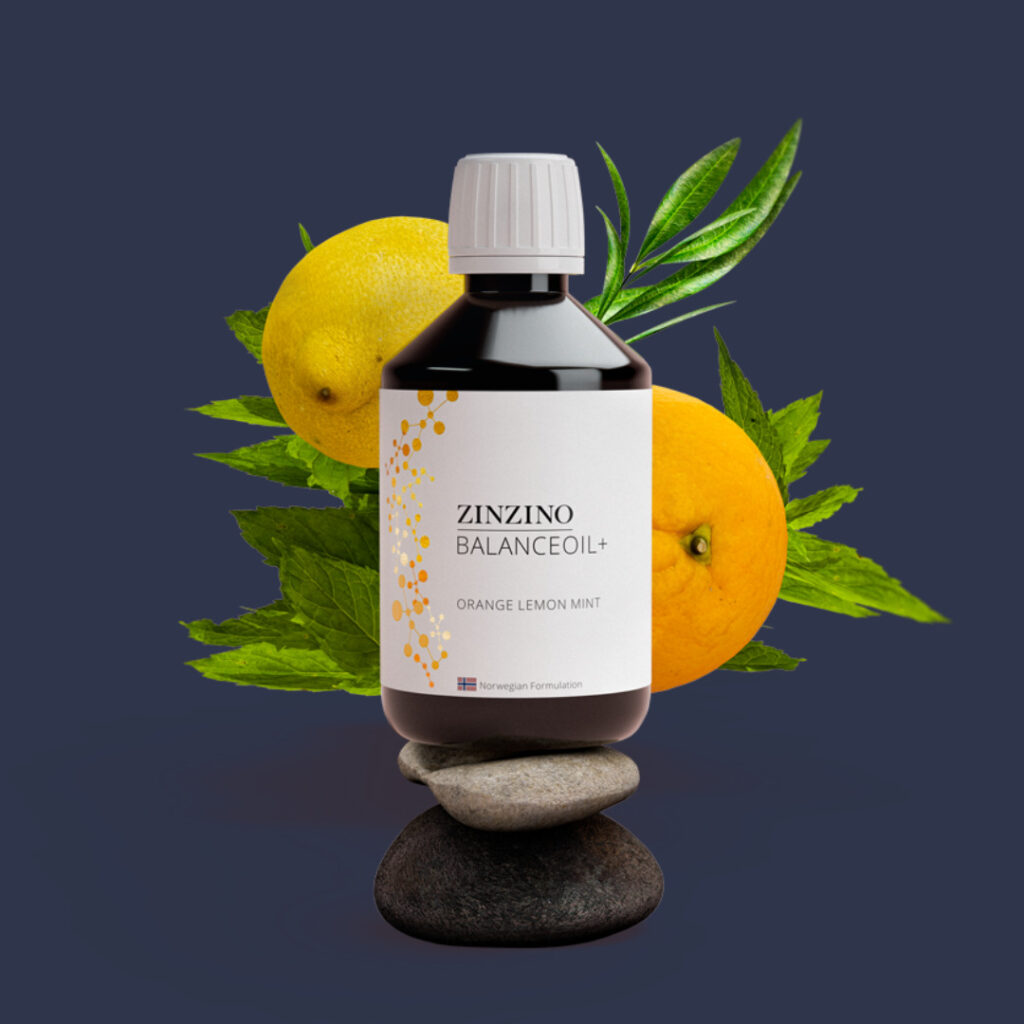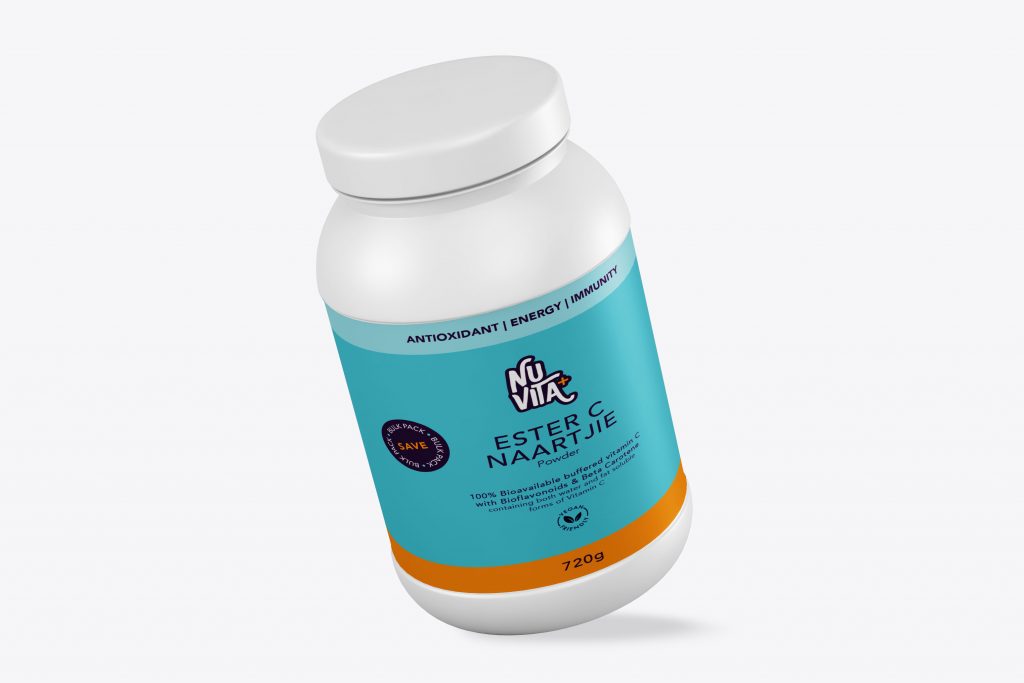As a new mother, you want the best for your baby. Breastfeeding is the most natural and nourishing way to provide your baby with the nutrients they need to grow and develop. However, many mothers struggle with producing enough breast milk to meet their baby’s needs. That’s where whey protein isolate comes in.
Whey protein isolate is a high-quality protein supplement that is derived from milk. It is a complete protein source that contains all essential amino acids necessary for the growth and maintenance of the human body. And, as recent scientific studies have shown, consuming whey protein isolate can actually increase milk production in breastfeeding mothers.
One study published in the Journal of Applied Physiology found that consuming whey protein increased the levels of prolactin in healthy women. Prolactin is the primary hormone responsible for milk production, so an increase in prolactin levels can lead to increased milk production. Another study published in the Journal of Nutrition found that consuming whey protein increased the levels of prolactin in lactating rats.
But that’s not all. Whey protein isolate may also increase the levels of certain amino acids, such as tryptophan and tyrosine, which are important for milk production. A study published in the Journal of Dairy Science found that consuming a whey protein supplement increased the levels of tryptophan and tyrosine in lactating women.
Not only can whey protein isolate increase milk production, it can also provide the nutrients that breastfeeding mothers need to stay healthy and energized. Breastfeeding requires a lot of energy, and consuming whey protein isolate can help to replenish that energy and support the body’s recovery and repair processes.
We all agree that breast milk is the ideal source of nutrition for babies, and it is important for breastfeeding mothers to produce an adequate supply of milk. While there are many factors that can affect milk production, such as hydration, nutrition, and stress, consuming whey protein isolate (WPI) has been shown to increase milk production in some breastfeeding mothers.
So, if you’re a breastfeeding mother who is struggling to produce enough breast milk, consider adding whey protein isolate to your diet. It’s a safe and effective way to boost milk production and provide your baby with the nutrients they need to thrive.
References:
- Zemel MB, et al. Dietary calcium and dairy modulation of adiposity and obesity risk. Nutr Rev. 2008;66 Suppl 2:S116-31.
- Hoffman JR, et al. Effect of protein intake on strength, body composition and endocrine changes in strength/power athletes. J Int Soc Sports Nutr. 2006;3:12-8.
- Kent KD, et al. The effect of whey protein supplementation on the temporal recovery of muscle function following resistance training: a meta-analysis. J Sports Sci Med. 2019;18(3):564-573.
- Lönnerdal B. Bioactive proteins in breast milk. J Paediatr Child Health. 2013;49 Suppl 1:1-7.
- Power O, et al. Whey protein and its two major protein fractions exhibit gastrointestinal stability and intestinal cell migration-improving properties. Nutr Res. 2018;49:70-81.








